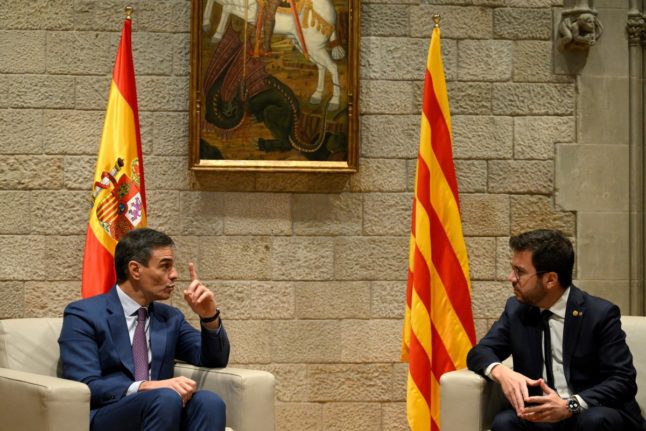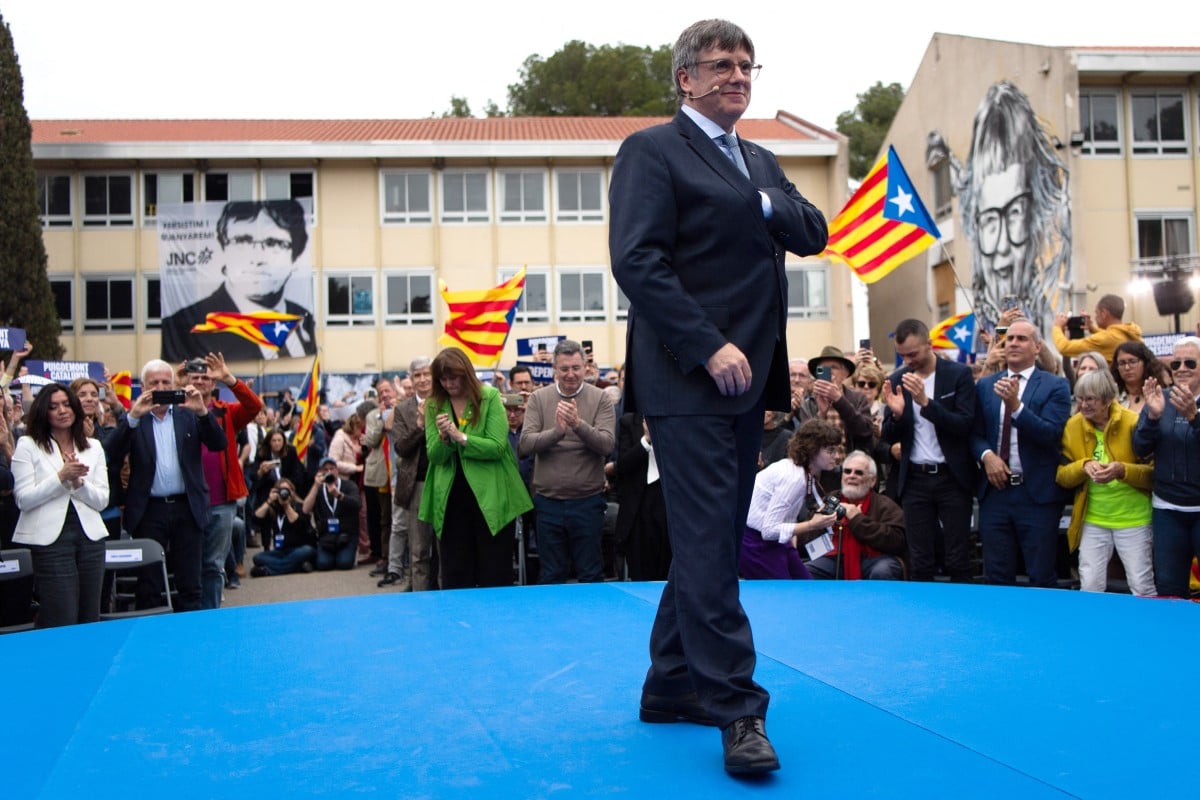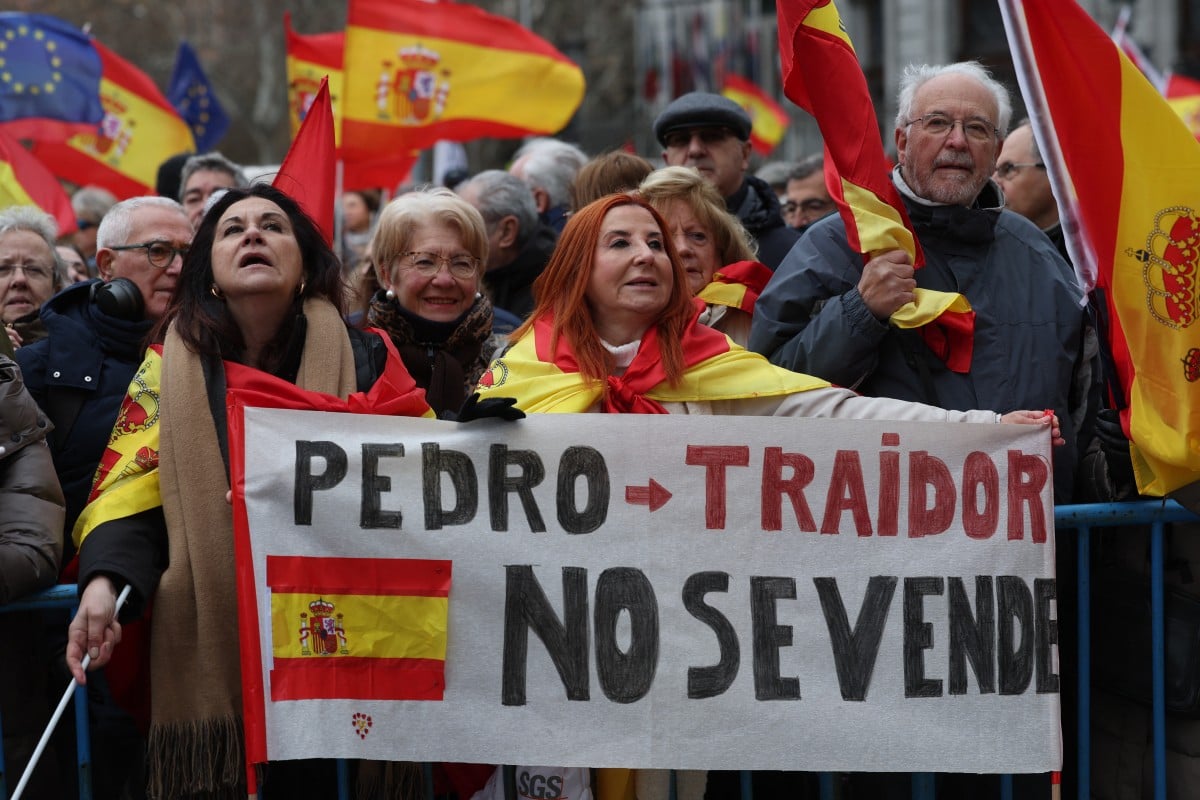The case involves Alberto Gónzalez Amador, partner of Madrid’s regional leader Isabel Díaz Ayuso, an outspoken hardliner from Spain’s right wing opposition Popular Party (PP).
It comes as Spain’s left-wing government has been struggling to handle the fallout of a separate corruption scandal involving a former minister’s top aide, drawing a barrage of attacks from the PP.
In the complaint which was filed with the courts earlier this month, a copy of which was seen by AFP, prosecutors allege Amador filed false invoices to reduce the tax owed by his company, Maxwell Cremona Ingeniería y Procesos Sociedad para el Fomento del Medioambiente SL.
ElDiario.es, the Spanish news website which broke the story, said the company, which is listed as offering engineering and other services, moved into healthcare-related matters during the Covid pandemic, which began in early 2020.
The corruption allegation involves the tax years 2020 and 2021.
Amador is facing two charges of tax fraud and one charge of falsifying documents.
Prosecutors also named four other people who ran nine companies that provided invoices for services never rendered.
READ ALSO: What is Spain’s ‘Caso Koldo’ corruption scandal all about?
Prosecutors began investigating in January after receiving a report from Spain’s “Agencia Tributaria” tax agency based on an audit of Maxwell Cremona’s activity in 2020 and 2021.
“During the audit… it was noted that in light of the increased turnover during these years, this company… did certain things with the sole aim of reducing its tax burden, deducting expenses based on invoices that did not correspond to services actually rendered,” prosecutors said.
“The taxpayer… knowingly and voluntarily submitted untruthful corporate tax returns for the 2020 and 2021 tax periods, failing to pay the amount of €155,000 ($169,000) for 2020 and €195,951.41 for 2021”.
In response, Ayuso said she was aware Amador was being “inspected by the tax office”.
But she but presented it as a government-led attempt “to cook up a conspiracy out of a tax inspection into a citizen who has nothing to do with the Madrid regional government”.
National government spokeswoman Pilar Alegría responded by saying the allegations were “very serious” and it was “absolutely essential that (Ayuso) give an appropriate explanation”.
Two years ago, Ayuso came under scrutiny following reports that her brother had pocketed nearly €300,000 in commission for face mask contracts awarded by her regional administration during the pandemic.
At the time, she conceded that her brother had been paid for securing the delivery of masks from China but insisted everything was above board and legal.
READ ALSO: Madrid’s Díaz Ayuso, a right-wing thorn in Spanish PM’s side





 Please whitelist us to continue reading.
Please whitelist us to continue reading.
Member comments